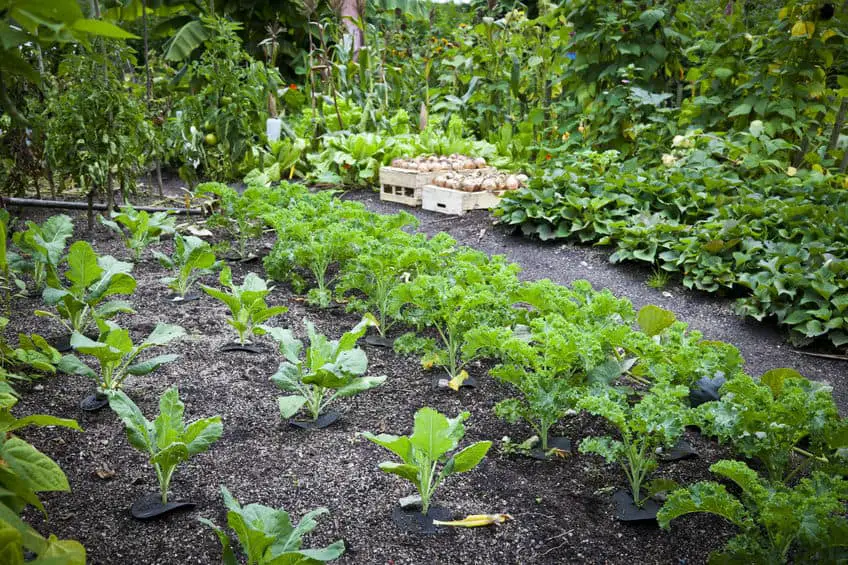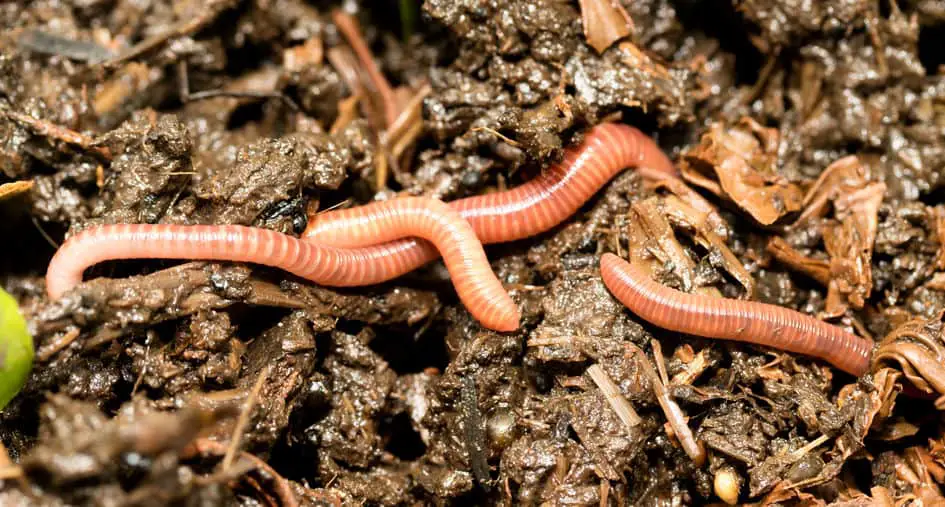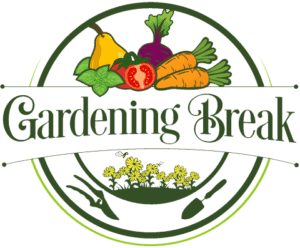Loosening the soil in a garden is common practice for many people but it can actually damage the soil and negatively affect your plants’ ability to grow to their full size. I reached out to one of the experts from a large nursery near my home to ask about the practice of loosening the soil in your vegetable garden. I got some excellent tips and I am sharing them here.
If possible, do not loosen the soil in your garden manually. Instead, improve the soil quality by mixing compost into the soil and adding mulch on top. This will attract earthworms which naturally loosen the soil as they move around as well as provide natural fertilizer as they break down the organic matter in the soil.
Keep reading to learn some very simple and easy tricks to increase the quality of your soil significantly without loosening it manually. You will learn some excellent ways to provide your plants with soil that gives them the best growing conditions.

Why Should You Not Loosen the Soil in Your Garden?
Loosening the soil in vegetable gardens by using hoes or other tools used to be a very common way of making more room for roots to grow and spread as well as getting more air into the soil. In fact, it is still an extremely common practice used by many gardeners but loosening soil this way really belongs in the past as it generally does more damage than it helps. At least compared to the alternative which we will get into in just a bit.
I called a large plant nursery near my hometown to ask specifically about the practice of loosening the soil in a vegetable garden. I had already heard that it was a good way of breaking down old organic material in the soil and making room for roots from new plants to grow but I was still curious if this was the best approach. Turns out it is not a good approach at all.
The gardener from the plant nursery I called taught me some incredibly useful things about why people should not loosen the soil in their garden and that doing so is actually mostly a matter of old habits.
Loosening garden soil used to be seen as a good way of providing good conditions for new plants to grow. It has, however, become known that manually loosening the soil prevents earthworms from thriving. Earthworms loosen the soil without damaging it, break down organic matter, and provide a natural fertilizer.
“This is what people always did, so they assume it’s the best way” is what the gardener from the nursery told me when I asked why people still use tools to manually loosen their soil instead of letting the worms do their part. “People didn’t know better but now we do”.
She also shared a great tip on how to prevent the soil from becoming too hard for the plants to thrive now that we have determined that it is a bad idea to loosen it.
Stepping on garden soil makes it more compact which prevents the roots from the plants from growing as easily. Too compressed soil leads to worse root growth which forces plants to spend more of their energy on obtaining nutrients from the soil which ultimately leads to less growth and a smaller yield.
You can easily design your garden in a way that allows you to reach all your plants without stepping on the soil. An easy way to set up your garden is to plant everything in rows with some spacing between them. This allows you to reach all your plants without having to step on their soil.
Now that you know why you should not manually loosen the soil in your garden with tools or otherwise, let us dive into the alternative solution. Earthworms.
What to Do Instead of Loosening the Soil in Your Garden

I have already mentioned them in this post but let’s dive into why earthworms and certain insects are a gardener’s best friends.
When earthworms and certain insects move around, they loosen the soil without damaging it which provides room for roots to grow. They also break down old organic material in your soil and produce fertilizer that benefits new plants. Using tools to loosen soil potentially drives away earthworms and should be avoided.
The old organic matter that earthworms break down to produce natural fertilizer usually comes in the form of leaves, grass, or old roots from plants that were previously growing in the soil.
Breaking the organic matter down and replacing it with a natural fertilizer while also gently loosening the soil provides the plants with excellent growing conditions which will ultimately lead to healthier plants and larger harvests.
Other than producing natural fertilizer, loosening the soil in the gentle way earthworms do will also allow the soil to obtain much more air and water which further improves the growing conditions for your plants.
Now that we have established with certainty that using tools to loosen the soil in your garden is an outdated method and that earthworms are a gardener’s best friends, the natural question is “how do we get earthworms to live in your soil?”.
How to Get More Earthworms in Your Garden Soil
After learning all of this, my next question for the kind (and very knowledgeable) gardener from the plant nursery near my home was of course how I could attract more worms to my soil.
She also had an excellent, easy tip to share for this:
“Use some good topsoil or a mix of topsoil and compost as the top layer of the soil your plants grow in. This will provide plenty of nutrients for the soil and earthworms will utilize it and drag it down into the soil, further improving the conditions for your plants”.
This is an excellent way of providing your plants with natural, organic, and nutritious soil to grow in and will attract earthworms which will further benefit your garden as they also thrive in healthy soil with organic matter for them to obtain nutrition from and use to fertilize the soil.

